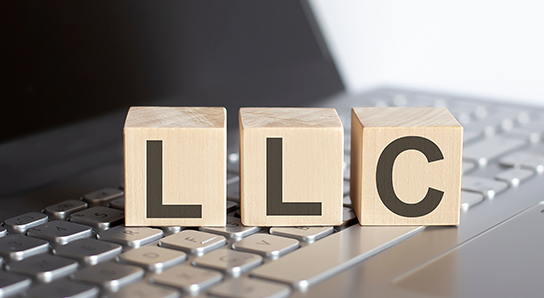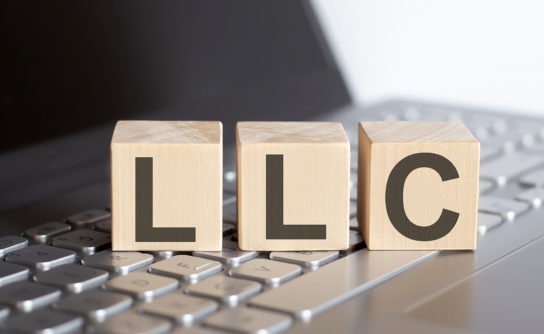Lots of Advantages for Small Business Owners and Entrepreneurs
The business world is filled with acronyms, with LLC being one of the most common in the United States. LLC stands for Limited Liability Company, and it’s a popular business structure among entrepreneurs and small business owners. The appeal largely comes from its unique blend of flexibility and protection. In this blog post, we’ll explore the advantages that make LLCs an attractive option for those navigating the entrepreneurial waters.
Before we get into the benefits, remember that the decision around your business structure is critical and can have long-standing implications. While this post offers insight, consulting with a legal professional can provide tailored advice and help you understand all the implications. With all that said, let’s dive into why you should consider forming an LLC.
Limited Liability Protection
One of the principal strengths of an LLC is the liability protection it offers. Members of an LLC are typically not personally responsible for the company’s debts or liabilities. This means that personal assets like your car, house, and savings are usually protected if your business faces lawsuits or bankruptcy.
Tax Flexibility
The LLC structure offers flexibility in how you are taxed. By default, LLCs are “pass-through” entities, meaning that the business itself isn’t taxed directly. Instead, profits and losses are passed through to members who then report this information on their personal tax returns. This can avoid the double taxation that corporations sometimes face. Additionally, LLCs can opt to be taxed as a corporation if that proves to be more beneficial.
Simplicity and Flexibility in Management
Unlike corporations, a noteworthy LLC advantage is that they aren’t required to have a board of directors, hold annual meetings, or keep minutes — requirements that can seem overwhelming for small businesses. An LLC can be managed by its members (owners) or by managers (who may or may not be members), providing considerable flexibility in the setup of your company’s organizational structure.
Credibility and Brand Protection
Having ‘LLC’ after your business name can add legitimacy and professionalism. It signals to clients and investors that you are serious about your venture. Additionally, once you form an LLC, your business name is typically protected within your state.
Easier to Set Up and Maintain
Forming an LLC is generally less complicated than creating a corporation. The paperwork (often called the Articles of Organization) is simpler, and the fees are relatively low in most states. While there are ongoing requirements like annual reports and franchise taxes in some regions, the administrative burdens are usually less intense than those associated with other types of structures.
Flexible Profit Distribution
LLCs offer flexibility in how profits are distributed. Unlike a partnership, where the split is typically 50-50, LLC profits and losses can be divided amongst owners in different ways. This allows for custom arrangements that might better reflect each member’s contribution to the company.
Ease of Ownership Transfer
Transferring ownership in an LLC can be easier than in a partnership or sole proprietorship. While the exact rules can vary from state to state, typically an LLC’s operation agreement provides guidance on the process, which can be a selling point for potential investors.
Potential Disadvantages
To provide a balanced perspective, it’s important to be aware that there can be downsides to forming an LLC. For instance, members of an LLC are considered self-employed individuals and subject to self-employment tax contributions towards Medicare and Social Security. The specifics of LLC regulations also vary by state, so it’s crucial to be aware of the local laws that will affect your business.
Conclusion
While not exhaustive, these benefits highlight why the LLC is a popular choice and why you should consider forming one for your business. It offers a mix of protection, flexibility, and efficiency that can be ideal for many small businesses and entrepreneurs. However, the “best” choice will depend on specific business circumstances and goals – and sometimes, on the invaluable advice of a good lawyer.
If you’re contemplating the next steps for your business, consider how an LLC might align with your needs. Remember, taking the time to choose the right structure is an investment in your business’s future. An informed choice now can leverage advantages in liability protection, tax efficiency, and operational flexibility that will serve you well as your business grows.
Ready to take the leap? Don’t go it alone—reach out to a legal professional to ensure you set up the most effective and compliant structure for your entrepreneurial dreams.
Law 4 Small Business (L4SB). A little law now can save a lot later. A Slingshot company.




